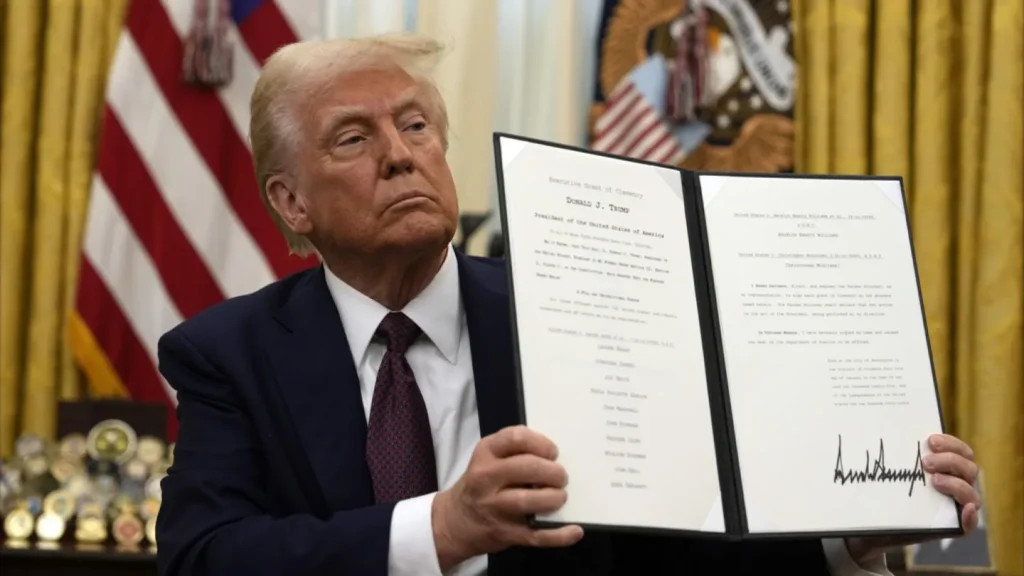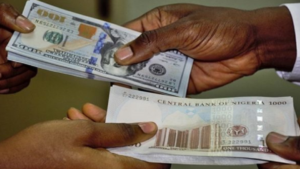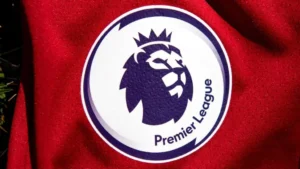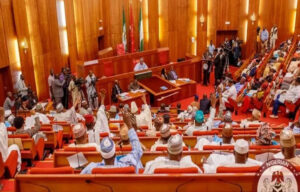President Donald Trump made headlines by pardoning 23 pro-life activists who had been prosecuted for participating in peaceful protests. The White House called their prosecutions by the Biden Administration unfair and politically motivated.
While signing the pardons, Trump criticized the legal actions taken against the activists, saying, “Twenty-three people were prosecuted, they should not have been prosecuted – many of them are elderly people – they should not have been prosecuted. This is a great honor to sign this.”
Earlier in the day, Senator Josh Hawley of Missouri addressed the Senate, describing the prosecutions as a “dark period” in American history. He referred to the charges as a “grotesque assault on the principles of this country” and supported Trump’s decision to pardon the activists. Hawley emphasized the importance of protecting the right to live out faith peacefully, saying, “This is exactly what these pro-life activists were doing.”
The Thomas More Society, a legal organization, had petitioned Trump on behalf of many of the activists, arguing that they were unjustly imprisoned. In their letter to Trump, the group expressed gratitude for his advocacy, noting that his messages during the campaign had inspired the activists to remain hopeful.
One of the pardoned activists, Bevelyn Beatty Williams, had been serving a three-year prison sentence. Her case had drawn attention from pro-life supporters and media outlets.
The pardons came as pro-life supporters prepared for the annual March for Life in Washington, D.C., a gathering that celebrates the value of every human life. This year’s theme, “Life – Why We March,” highlights both the humanity of the unborn and the resources available to mothers and children.
President Trump is set to deliver a video message at the event, while Vice President JD Vance will appear in person to address the crowd.
Ahead of the march, “Faith and Liberty,” a Christian ministry in D.C., hosted a memorial near the Supreme Court. They placed 3,000 flowers to represent the lives lost to abortion each day and led a prayer vigil focused on the sanctity of life.
Since the reversal of Roe v. Wade, 23 states have attempted to ban or restrict abortion, but courts have blocked such laws in several states. Despite these challenges, the pro-life movement remains committed to its cause, gathering annually in Washington, D.C., to advocate for the protection of all human life.
The March for Life and the recent pardons are a reminder of the ongoing struggle to uphold the values of life, faith, and liberty in America.







